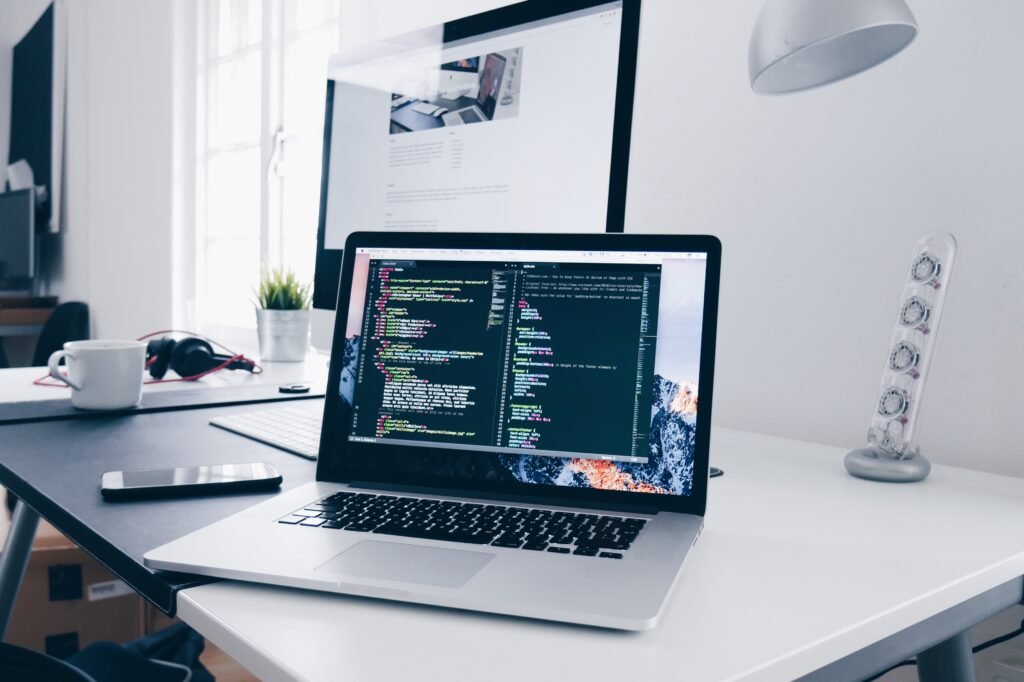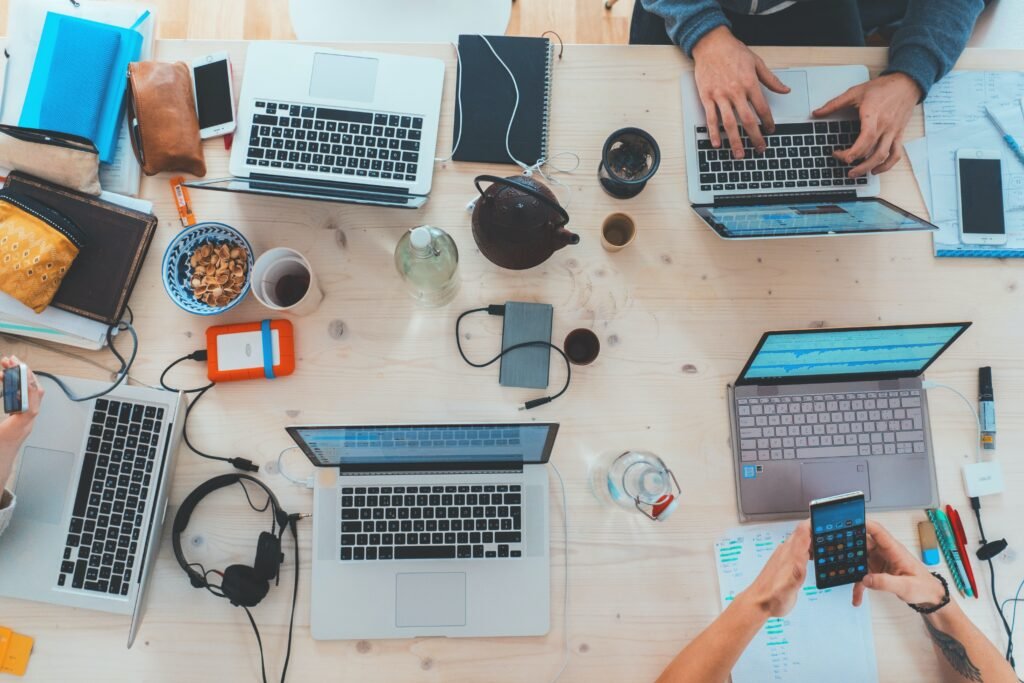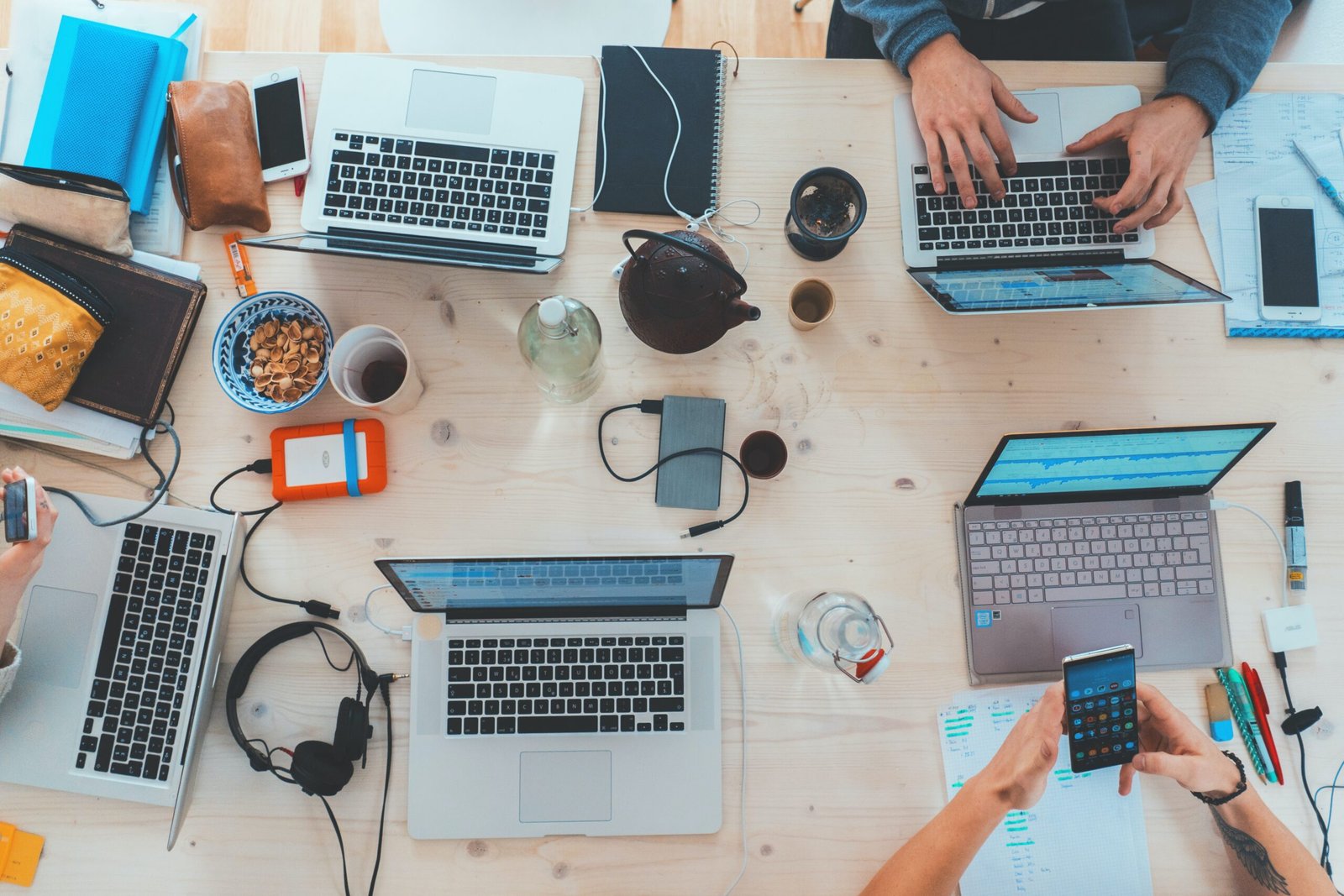Artificial intelligence (AI) has made its way into the creative economy, leaving artists and writers both fascinated and concerned. Recently, a panel discussion was held, with influential figures like U.S. Senator Martin Heinrich, author George R.R. Martin, and Professor Melanie Moses, to shed light on the impact of AI in this field. The unauthorized use of artists’ and writers’ works topped the list of concerns, sparking debates about job security and copyright infringement. Furthermore, the panelists delved into discussions about the racial bias found in AI algorithms and the unequal concentration of power among a few tech giants. Senator Heinrich stressed the crucial role of regulations to mitigate potential negative impacts and protect copyrighted material. As AI continues to advance, it is essential to address the current dangers, such as misinformation and scams, alongside ensuring safety through testing and certification in areas like transportation and power grids.
Unauthorized Use of Artists’ and Writers’ Works
Artificial intelligence (AI) has the potential to revolutionize the creative economy, but it also raises concerns about the unauthorized use of artists’ and writers’ works. As AI technology advances, it becomes easier for individuals and companies to create and distribute content without permission or proper attribution. This unauthorized use not only undermines the rights and livelihoods of artists and writers but also poses serious ethical and legal implications.
To shed light on this issue, a panel discussion was held featuring prominent figures such as U.S. Senator Martin Heinrich, renowned author George R.R. Martin, and University of New Mexico professor Melanie Moses. The panelists expressed their concerns about the unauthorized use of creative works and discussed the potential impact on the creative sector.
Job Loss in the Creative Sector
One of the primary concerns raised by the panelists was the potential for AI to replace artists and writers, leading to job loss in the creative sector. As AI algorithms improve in generating creative content, the need for human creators may diminish. This could have devastating consequences for artists and writers who rely on their creative skills for their livelihood. The panelists emphasized the importance of protecting the rights and interests of creative professionals in the face of advancing AI technology.
The possible impact of job loss in the creative sector cannot be understated. Artists and writers play a crucial role in shaping culture and driving innovation. Losing their unique perspectives and talents could stifle creativity and limit the diversity of voices in the creative industry. This could have far-reaching implications for the overall health and vitality of the creative economy.

Class Action Lawsuit Against OpenAI
In response to concerns about unauthorized use of creative works, a class action lawsuit has been filed against OpenAI, an AI research organization. The lawsuit claims copyright infringement, alleging that OpenAI’s AI systems have generated content using copyrighted material without proper authorization. This case has far-reaching implications for both AI technology and the creative economy as a whole.
The outcome of this lawsuit will have significant implications for the regulation and control of AI-generated content. It will set a precedent for how AI systems can and should interact with copyrighted material. Additionally, it will determine the extent to which AI algorithms can be held accountable for the unauthorized use of creative works.
Racial Bias in AI Algorithms
Another critical concern discussed by the panelists was the issue of racial bias in AI algorithms. AI systems are developed using vast amounts of data, and if that data contains biased or discriminatory information, the resulting algorithms can perpetuate and amplify racial biases. This has serious implications for diversity and inclusivity in the creative sector.
Examples of racial bias in AI algorithms have been widely documented. For instance, facial recognition software has been shown to have higher error rates when attempting to identify people of color compared to white individuals. This type of bias can significantly impact representation and opportunities for artists and writers from marginalized communities.
The impact of racial bias extends beyond the creative sector and into other areas of society. Biased AI algorithms can perpetuate systemic discrimination and exacerbate existing inequalities. It is crucial to address these concerns and ensure that AI technology is designed and implemented in a way that promotes fairness and equity.

Concentration of Power Among Large Companies
The discussion also centered around the concentration of power among a few large companies in the AI industry. As AI technology becomes increasingly sophisticated and pervasive, companies that have access to vast amounts of data and resources can gain a significant advantage over smaller players. This concentration of power can limit competition, stifle innovation, and have a detrimental impact on the creative economy.
The panelists highlighted the need to address this power imbalance and prevent the monopolization of AI technology. They emphasized the importance of promoting a diverse and competitive marketplace that fosters innovation and protects the interests of artists, writers, and other creative professionals.
Regulations to Prevent Negative Impacts
To address the concerns raised by the panelists, Senator Martin Heinrich emphasized the need for robust regulations to prevent the negative impacts of AI technology. He stressed the importance of ensuring consent for the use of copyrighted material and protecting the rights of artists and writers.
Regulations can play a significant role in shaping the development and deployment of AI technology. They can establish guidelines for the responsible use of AI, protect intellectual property rights, and address issues of bias and discrimination. The government has a critical role to play in creating and enforcing these regulations, working in collaboration with industry stakeholders and experts.

Dangers of AI: Misinformation and Scams
While AI has the potential to revolutionize various industries, including the creative sector, it also poses risks and challenges. One of the critical dangers associated with AI is the spread of misinformation. AI algorithms can be manipulated to generate and disseminate false or misleading information, leading to significant social and political consequences. The panelists discussed the urgent need to address this issue and develop mechanisms to combat the spread of misinformation.
In addition to misinformation, AI technology presents opportunities for potential scams and fraud. With AI’s ability to mimic human voices and generate realistic content, individuals with malicious intent could exploit this technology for nefarious purposes. It is imperative to implement safeguards and regulations to protect consumers from fraudulent AI-driven scams.
Testing and Certification for AI in Physical Objects
As AI technology continues to advance, it is increasingly being integrated into physical objects such as cars and power grids. Ensuring the safety and reliability of these AI-driven systems is of paramount importance. Proper testing and certification procedures are essential to prevent accidents, malfunctions, or potentially disastrous consequences.
The importance of testing and certification cannot be overstated. It provides a framework for assessing the performance, security, and safety of AI systems in physical objects. By implementing rigorous testing protocols, manufacturers can identify and mitigate potential risks before these systems are deployed. This will not only protect users but also foster trust and confidence in AI technology.
In conclusion, AI’s impact on the creative economy is a complex issue with profound implications. The unauthorized use of artists’ and writers’ works, the potential for job loss, racial bias in algorithms, concentration of power among large companies, and the dangers posed by AI all demand careful consideration and proactive measures. Through meaningful discussions, robust regulations, and responsible deployment, AI can be harnessed for the benefit of the creative sector while safeguarding the rights and interests of artists and writers.




